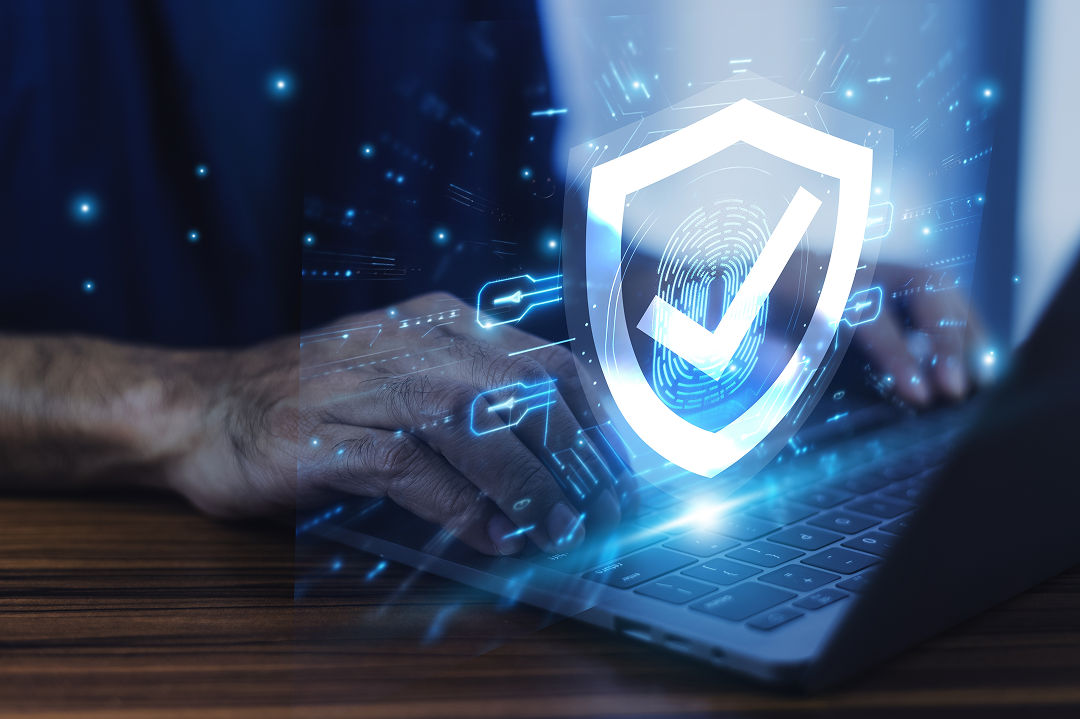Cyber Insurance

How Hackers Can Attack Your Firm
The databases of accounting firms and law firms are treasure chests for hackers: confidential financial data, privileged communications, and other potentially damaging information.
An American Bar Association study in 2023 found that 29% of law firms had experienced a data breach, and several sources cited escalating environment of cyberattacks on law firms in 2024.
Accounting firms similarly have been targeted. A study by CPA Practice Advisor in 2024 found that 15% of accounting firms had experienced a data breach.
Hackers use several tactics to infiltrate networks, and once they’re in, they have a number of ways to profit financially. These tactics include:
Phishing attacks. This is one of the most common methods for gaining access to a firm’s database.
In a phishing attack, a hacker sends an email, instant message or text message that appears legitimate to people within your organization. The email might look like a message from a financial institution, popular retailer, or even from another person within your firm.
Phishing messages contain malicious links that the recipients are tricked into clicking. That can trigger the installation of malware, the freezing of the company’s network, or the directing of the recipient to input a password that can provide the hackers network access later.
Business email compromise. This type of attack involves criminals gaining access to an email account within your firm or creating a false account to spoof a genuine contact. With an email account that appears legitimate, the criminal can impersonate a law or accounting professional within a firm. In another scenario, the criminal will direct a employee to complete a transfer of funds that sounds legitimate, but the money is directed to the scammer’s account instead. Firms that handle financial fund transfer for clients are at extremely high risk for this type of hack.
Malware and spyware. A common goal of a phishing attack is for the hacker to install malware or spyware on a firm’s computer systems. Spyware is malicious software used to gather information about an organization. It’s often used to help hackers steal identities. Spyware can also be used to disable firewalls and antivirus software.
Malware encompasses all types of malicious software, including spyware. It also includes viruses that can damage and spread to other networks.
Ransomware attack. In this type of cyberattack, a hacker plants malware on their target’s network, often through a successful phishing scheme. This malware encrypts all of the victim firm’s files, leaving the firm unable to access any information stored on its network. The hackers hold the information ransom and demand payment. If the payment is made, the hacker may restore network access.
A new form of ransomware attack has targeted law firms in the last few years. This type of attack, sometimes referred to as a Maze attack, requires two ransom payments. The first is to unencrypt the victim’s data. The second ransom demand is made threatening that the hacker will make the stolen information public. A report in February 2020 said at least five law firms were extorted by a Maze ransomware attack.
Cryptojacking. An emerging form of online hacking is cryptojacking, which is an attack designed to steal or mine cryptocurrency, such as Bitcoin. In this scheme, hackers break into other people’s networked devices without their consent or knowledge. The purpose is to steal computing resources from multiple victims, which enables the hackers to lower the costs of mining for digital currency. Victims of cryptojacking will notice their computers and web browsers running much slower. This form of attack can also result in a network crash.
With so many ways to do damage to your networks, it’s important for professional firms to work with cybersecurity professionals to shore up computer systems. Also, make sure every member of the firm uses multi-factor authentication and that employees receive regular cybersecurity training so they’re aware of the latest threats.
Even with the best security, it’s possible for hackers to gain access to your firm’s network and data. That’s why it’s important for every professional firm to be covered by cyber insurance that covers your potential losses and liability for data breaches.
Talk to one of our experts today!
If you're ready to shop for cyber liability insurance, contact ProDefender. We can help you understand what levels of coverage you need and get the best rates on a policy to protect your firm in the event of a cyber attack or data breach.


